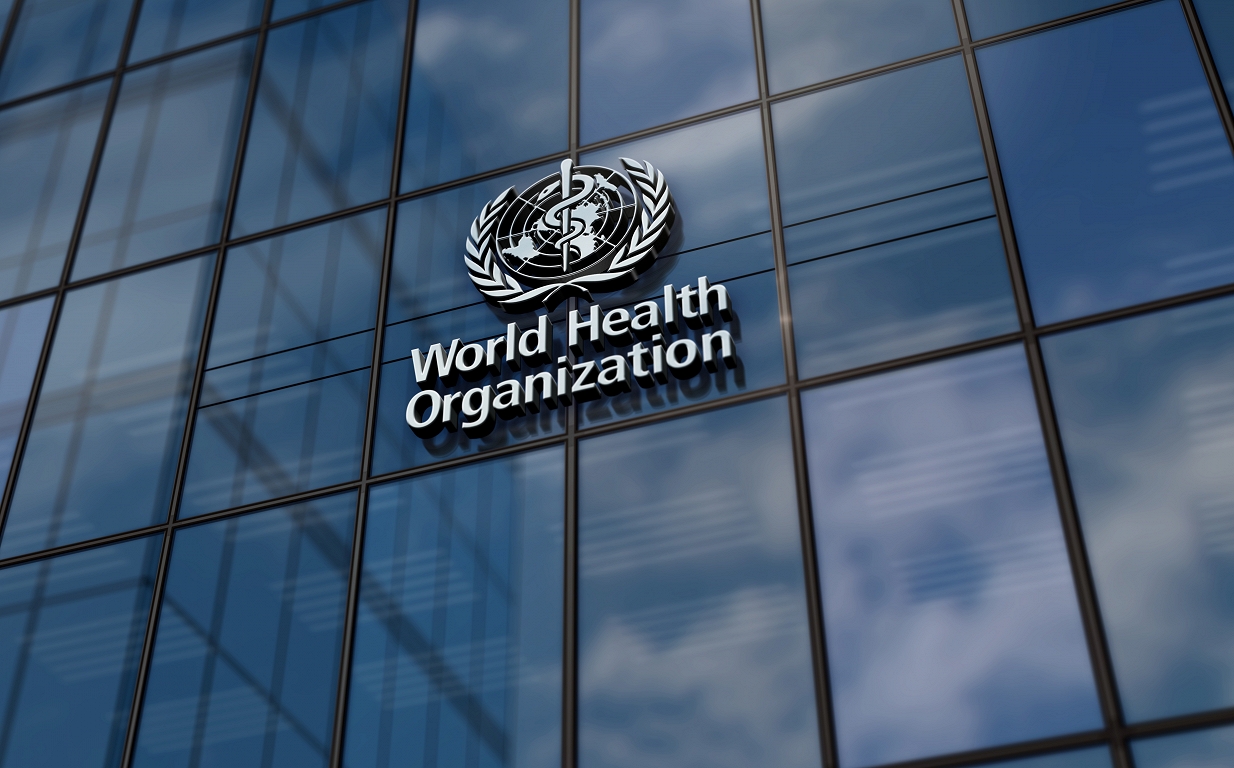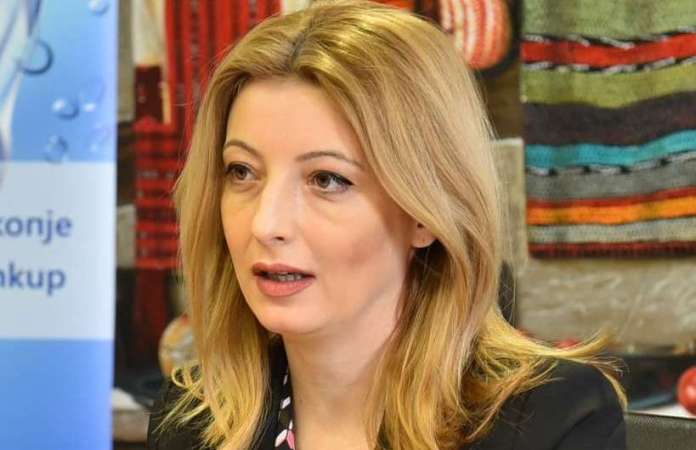The US planned withdrawal from WHO also raises doubts and discussions in other countries / day

US President D. Trump has made such a decision on the US withdrawal from the WHO for the second time, as he began the withdrawal process from the WHO during his first term of office, but could not fully implement it. Since it takes one year to complete the withdrawal, the next President Joe Baiden stopped the WHO's withdrawal.
Now, after the re -election of D. Trump, this process has resumed. The US has sent a formal announcement to the UN and the WHO on launching the withdrawal process, although a few days later Mr Trump was already able to say that he could also consider re -joining the WHO, after the organization's « cleaned ». This could indicate that Trump's main goal could be to reduce China's influence on the UN and possibly replace the WHO Director -General Todros Geblrejesus with another interest in the US.
In any case, Mr Trump's actions have initiated broader discussions in other countries for membership of the WHO and its policies, as the WHO has been criticized in the past for its policies and funding. There are countries that believe that their payments are disproportionately high compared to contributions from other countries, others accuse it of inappropriate and inappropriate policies in the fight against diseases.
The next country, which has already announced that it will follow the US for the exit of the WHO, is in Argentina. Argentinian President Javier Miley announced this on February 5, 2025, stating that this step would give the country more flexibility to implement policies and more resources for local conditions. Mr Miley also points to deep disagreements on health management issues, especially during the Covid-19 pandemic.
Following the initiative of D. Trump, Mateo Salvini, a representative of the Italian ruling coalition, Deputy Prime Minister and Transport Minister, proposed to decide on Italy's withdrawal from the WHO. He pointed out that WHO funding would be more useful to use to “Support Italian sick and funded hospitals and doctors”. M. Salvini's proposal has not yet received more parliamentary support.
Italian Minister of Health Oracio Skilači, answering parliament to questions, indicated: “Although the government program does not provide for the departure from the WHO, I believe that the debate aimed at critically analyzing its role, in particular with regard to resource allocation and use and management, is legitimate and constructive. It is our duty to ensure that each euro invested in global health is used in the most effective way as possible. ”
The US is historically the largest WHO funder and covers about 22 % of its total, nearly 7 billion budget. As the countries leave the WHO, the organization develops significant budget gaps, including freezing new employees, reducing travel, and so on.
The WHO has previously been widely criticized during the 2014 Ebola virus outbreak in Guinea, Liberia and Sierra Leone, stating that it did not react fast enoughto prevent the epidemic. There has also been a lot of discussion on WHO's actions on the global malaria eradication program, which was interrupted in 1969 and in many places actually led to the revival of malaria.
Among other things, the WHO's old -fashioned policy is also criticized in the context of a ban on cigarette smoking, which has not significantly reduced the total number of smokers in the world. Sweden is sometimes mentioned as the opposite, which successfully implements the modern injury approach. In this country, a different policy is implemented in relation to different tobacco products, with higher taxes and restrictions on those tobacco products that release more harmful substances and potentially cause more health damage. As a result, the number of cigarette smokers in Sweden has dropped to about 5 % and has almost 40 % lower mortality rate for smoking -related diseases.
In recent years, the WHO has been the biggest criticism of its reaction to the Covid-19 pandemic, especially because it was too slowly recognized the transfer of the virus between humans and initially hesitated to declare a global health emergency.
The WHO is a specialized agency of the United Nations, founded in 1948 and is responsible for public health worldwide. There are 192 Member States, but the headquarters are located in Switzerland in Geneva. The main functions of the WHO are to provide Member States with objective information and expertise on public health issues, as well as to promote disease control and public health literacy. Starting July 1, 2017, the position of Director -General of the WHO is held by Dr. Todross Adanom Gebrewsus.




/s3/static.nrc.nl/wp-content/uploads/2025/05/31134708/web-3105BUI_Nigeria.jpg)


